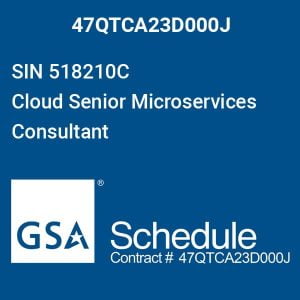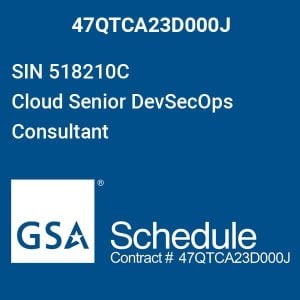GSA Multiple Award Schedule
The GSA Multiple Award Schedule (MAS) program is a cornerstone of federal government procurement in the United States, streamlining the acquisition process for a wide range of goods and services. As a dynamic and versatile contracting vehicle, the MAS program enables federal agencies to access pre-negotiated contracts with qualified suppliers, facilitating the purchase of products and services needed to fulfill their missions efficiently and cost-effectively.
- Scope and Flexibility:The GSA MAS program covers a vast spectrum of goods and services, making it one of the most comprehensive contracting solutions available. From IT services and professional consulting to office supplies, vehicles, and facility maintenance, the program’s scope is virtually limitless. This breadth of offerings simplifies the procurement process, as agencies can find and procure what they need within the program, reducing the need for time-consuming and complex competitive bidding.
- Efficiency and Savings:The MAS program is designed to save both time and money. By pre-negotiating prices and terms with suppliers, GSA ensures that federal agencies can access cost-effective solutions quickly. The streamlined acquisition process significantly reduces administrative burden and procurement lead times. Agencies can leverage their buying power to secure advantageous terms, resulting in substantial savings for taxpayers.
- Compliance and Oversight:The GSA MAS program places a strong emphasis on compliance and transparency. All suppliers participating in the program undergo a rigorous vetting process, ensuring that they meet the highest standards of integrity and quality. GSA regularly reviews and monitors contracts to verify that suppliers continue to meet these standards throughout the life of their contracts.
- Ease of Use:One of the key advantages of the MAS program is its user-friendliness. Federal agencies can access the program’s offerings through the GSA eBuy platform, where they can search for products and services, compare prices, and place orders. This centralized system simplifies procurement and enhances competition, benefiting both buyers and suppliers.
- Small Business Opportunities:The GSA MAS program is committed to fostering small business participation. It includes designated sub-programs, such as the GSA Schedules Small Business (GSSB) program, which focuses on ensuring that small businesses have access to federal contracting opportunities. These initiatives create a level playing field for small businesses, promoting economic growth and innovation.
- Innovation and Sustainability:The MAS program is not static; it evolves to meet the changing needs of government agencies and the American people. As sustainability and innovation become increasingly important, the program adapts to incorporate eco-friendly and cutting-edge solutions. Agencies can access innovative technologies and sustainable products through the MAS program, supporting environmental goals and modernization efforts.
- Customer Support:GSA’s commitment to customer support is unwavering. Agencies can access a wealth of resources, including training, webinars, and guidance, to help them navigate the MAS program effectively. GSA representatives are available to assist agencies at every stage of the procurement process, ensuring that they make informed decisions and obtain the best value for their acquisitions.
- Strategic Sourcing:The GSA MAS program aligns with the government’s strategic sourcing objectives. By consolidating procurement efforts, the program leverages the buying power of federal agencies to negotiate favorable terms with suppliers. This strategic approach optimizes the allocation of resources and enhances the government’s ability to respond to emerging challenges.
In conclusion, the GSA Multiple Award Schedule (MAS) program stands as a testament to the federal government’s commitment to efficient, transparent, and cost-effective procurement. With its broad scope, ease of use, and dedication to compliance and small business participation, the MAS program continues to be an indispensable resource for government agencies seeking to fulfill their missions while maximizing taxpayer value. By streamlining the acquisition process, promoting innovation, and fostering sustainability, the GSA MAS program remains a driving force in advancing the efficiency and effectiveness of government procurement in the United States.












